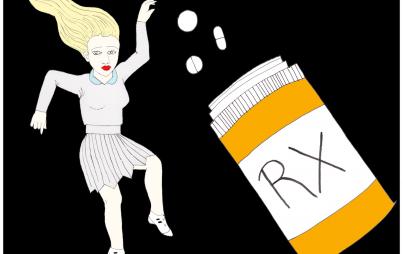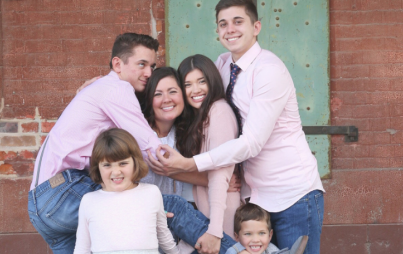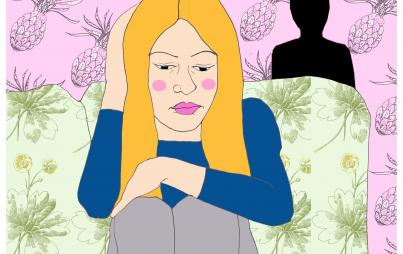
Addiction.
1. Alcoholism is a disease.
I was so naïve to recovery, getting sober, AA, alcoholism – all of it. I knew nothing. All I knew was what I saw in the movies. When I got to AA someone told me to read the Big Book — the first 164 pages. I did just that and I was flabbergasted at what I read. Did these guys have a microscope into my brain? How did they know what I was thinking and feeling? I was relieved to know that my disease was just that — a dis-ease. It wasn’t bad willpower or bad morals — I had a three-fold disease of mind, body, and spirit.
2. Other people want to help you — you just have to ask for it.
I didn’t get sober on purpose. I wasn’t crawling into an AA meeting saying I can’t stop drinking and my life is horrible. However, I couldn’t stop drinking and my life was horrible. I didn’t know where to go for help and I was too scared to call my family or tell my employer. It was only after my 2nd DUI that my attorney suggested I get to an AA meeting, so I went . . . because I didn’t know what else to do. At this meeting the overflow of people, women specifically, that wanted to help me was overwhelming. I didn’t know how to handle that, so I just kept going back to meetings and soon enough I got a sponsor and started doing the deal.
3. No one can make you get sober — you have to want it for yourself.
I realized pretty early on in recovery that getting sober wasn’t anyone else’s responsibility but my own. And if you, my Mom, or my boyfriend told me I needed to get sober I would have said eff off — I needed every last drink and drug I ingested so that I could understand that I wanted to get sober for me, no one else.
4. AA isn’t a cult.
After being sober for a little bit, a friend I went to high school with commented to me that he thought AA was a cult and that it brainwashed people. I knew what he meant, but what my mentality was take what you want and leave the rest. Personally, I needed my brain to be washed a little, because my best thinking had my life a mess. I was fine drinking the Kool-Aid if it made my life better. People need to realize that AA saves people’s lives and makes them better, so lay off.
5. I’m a responsible and accountable adult and my actions matter.
Pretty soon after I got sober, one of my vices was driving fast. Although it didn’t replace the adrenaline rush that alcohol and drugs gave me, it worked for a little while. However, one day when I was driving I had my sponsor with me and she commented to me that while driving fast may be fun, it’s not really sober living. I didn’t get what she meant by that initially, but when we started talking about it it made sense. Living a sober life means that we do the right thing — maybe not all the time — but for me it’s much better to be a law-abiding citizen who pays her taxes and isn’t stealing the hotel towels any longer.
6. Helping others makes me feel good.
Helping others is the best way for me to get out of myself, because in early recovery I learned that I was selfish and self-centered to my core and that was tough to digest. But when I saw how I was trying to control and manipulate others to get what I wanted — sober — I knew I had to start doing service. Service for me was talking to newcomers, making coffee at a meeting, and just trying to make someone else smile — as someone else had done that for me. Pay it forward.
7. Living a life of recovery is a daily process.
Living life sober can be quite easy, actually, but it’s hard to do each day, every day. I would love to just skip around on the beach, go shopping, travel and have fun, but yeah, life doesn’t work that way. Staying sober and following my daily rituals have definitely made life easier for me. I know that each day I need to pray, meditate, focus on my day job, get to a meeting and help others. I know I have a much better chance of staying sober if I continue to do my daily dose.
If you’d like to read more of Nancy’s story, Last Call, A Memoir is available on Kindle.







